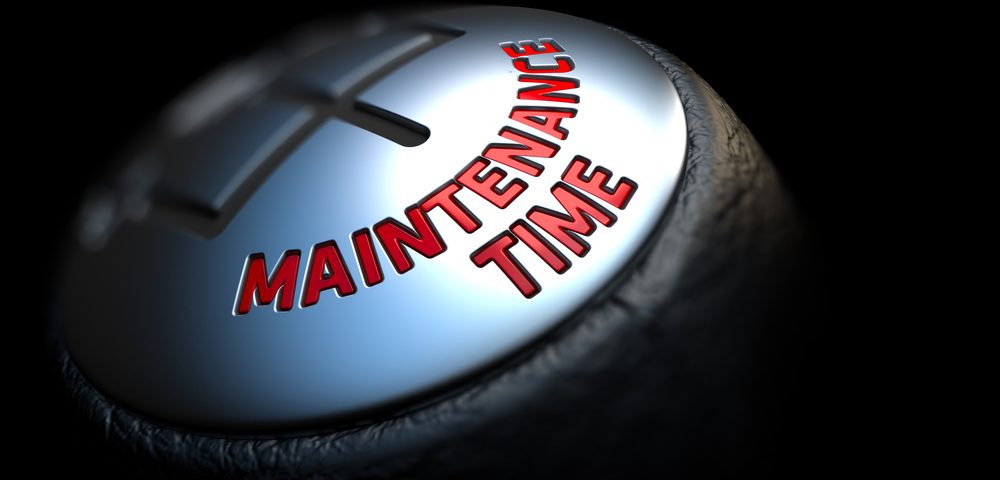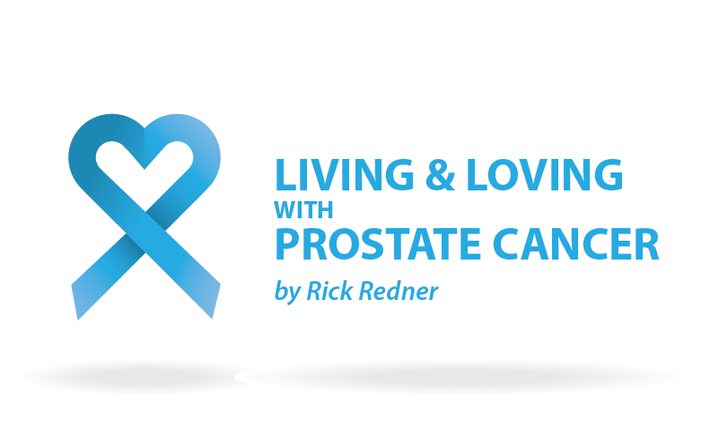Every month, I hear from men who tell me their marriages ended after they were diagnosed or treated for prostate cancer.
After hearing the same story from dozens of men, I assumed a direct relationship existed between a prostate cancer diagnosis and divorce. I searched for an hour but couldn’t find a study in the United States about the divorce rates among prostate cancer patients. Then I realized I was asking the wrong question. Too many variables exist.
For example:
- Are divorce rates different among men who recover their erectile functioning versus those who don’t?
- Are the divorce rates different among men who recover urinary control versus those who don’t?
- Are the divorce rates different among men who use alcohol or drugs to self-medicate their depression versus those who don’t?
It’s safe to say a prostate cancer diagnosis is stressful for any relationship because it’s inevitable that unwanted changes will occur before, during, or after treatment. Based on my experiences, as well as the input I’ve received from hundreds of couples, few couples are prepared for the way a cancer diagnosis will affect their relationship.
It is possible, and highly desirable, to perform a relational tune-up as you face the realities of living with prostate cancer.
I’m the type of guy who (before any long trips) checks the tire pressure, fluid levels, and maintenance schedule of my car to minimize the chance of a breakdown. If someone suggested the need for a relational tune-up before my biopsy, I’m certain the idea would strike me as common sense advice. But I’m not sure in the midst of coping with all my fears and anxiety I could have pulled it off.
In the middle of coping with the possibility of receiving a prostate cancer diagnosis and the stress associated with thinking about treatment decisions, I suspect I’d find it easy to dismiss the need for a relational tune-up. Looking back, it’s easy and accurate to say it could have saved both my wife and me a lot of unnecessary relational misery and suffering.
Going back to the car analogy: When a car breaks down, some folks have the ability to perform repairs on their own. Other repairs require a professional. When it comes to relational tune-ups, some couples have the skills and ability to do it themselves, while others need professional help.
To determine whether you can do it yourself, following are some questions to help you decide:
- Were both of you happy with the state of your relationship before your cancer diagnosis?
- Do you have a history of successfully coping with highly stressful events or crisis situations together?
- When conflict arises in your relationship, can you resolve the issues without belittling or attacking one another, or using sarcasm, being hostile, blaming, name-calling, or withdrawing from each other?
- As you resolve crises or conflicts in your relationship, do you feel closer to one another?
- Are you successful in resolving sexual issues and problems that occur in your relationship?
- In the midst of conflicts, do you maintain goodwill and positive regard toward your partner?
- Do you feel closer to each other as you deal with crises, stress, and conflict?
- Is your relationship free from physical, emotional, sexual, alcohol, or drug abuse?
- Does the idea of ending your relationship never occur to you in the middle of conflict, arguments, or unwanted change?
- Does your relationship contain elements of fun, laughter, romance, and a mutually satisfying sex life?
- Do neither of you have a history of divorce?
If you answered yes to all these questions, you have the skills and the ability to attempt a relational tune-up together, without professional intervention.
However, answering yes to every question is not a guarantee you won’t need professional help keeping your relationship together at some point in your journey of coping with cancer.
Answering no to one or more of these questions suggests that seeking individual and/or couple’s counseling could be a wise choice if your relational goal is to draw closer together rather than allowing the stress of coping with cancer to pull you apart.
I suggest reading a book titled, “The Seven Principles for Making Marriage Work,” by John Gottman.
If your efforts at a relationship tune-up bring you closer, you’ve succeeded.
If at any point in your journey you lose your goodwill toward one another, an overwhelming amount of stress, anger, conflict, fighting, blame, or emotional and physical distance occur, or you lose the capacity to have fun, laugh, and enjoy each other’s company, the red light warning sign is flashing and it’s time for a professional relationship tune-up. Your cancer treatment center is a starting point for seeking a referral.
***
Note: Prostate Cancer News Today is strictly a news and information website about the disease. It does not provide medical advice, diagnosis, or treatment. This content is not intended to be a substitute for professional medical advice, diagnosis, or treatment. Always seek the advice of your physician or other qualified health provider with any questions you may have regarding a medical condition. Never disregard professional medical advice or delay in seeking it because of something you have read on this website. The opinions expressed in this column are not those of Prostate Cancer News Today, or its parent company, BioNews Services, and are intended to spark discussion about issues pertaining to prostate cancer.



I feel any Cancer changes a relationship, Whether it is for the good or the bad, or for a closer relationship or be it a pulling apart of a relationship. One thing is for sure, everything is going to change. Pancreatic cancer survivor